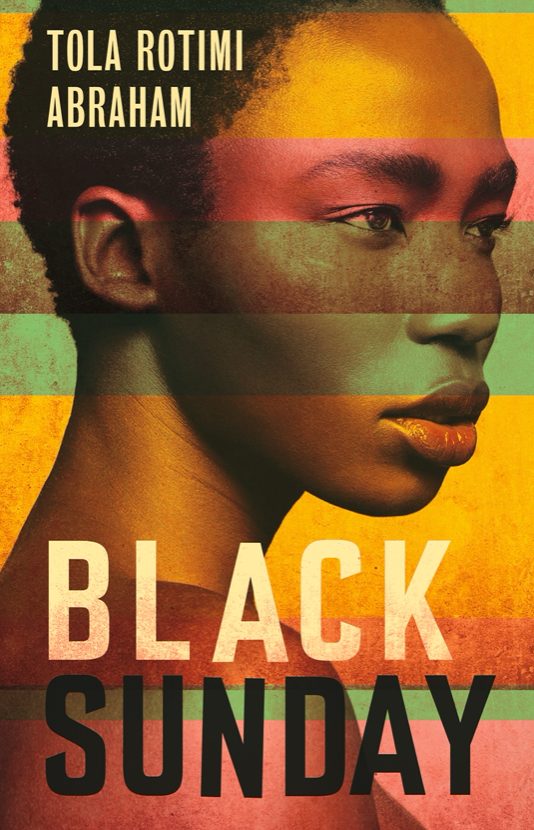Twin sisters, Bibike and Ariyike, along with younger brothers, Peter and Andrew, are living a relatively comfortable life in Lagos, Nigeria until their mother loses her job and their father gambles away their home and they are forced to go and live with their grandmother in a poor part of the city. Following the sudden departure of both parents the children are left to forge out new lives in a very different type of society.
The sisters grow apart making very different choices as they look for the security they have lost. They become the breadwinners and send their brothers to a boarding school which allows atrocious levels of bullying to go unpunished, further exacerbating the loneliness the boys feel by the desertion of their parents.
The narrative is interspersed with Yoruba folktales told by the grandmother who believed in a mixture of religion in the form of prosperity, gospel and superstition. Each chapter is told by a different sibling conjuring up a tragic picture of their individual lives. Unfortunately their stories, spanning twenty years, rarely converge, leaving gaps and making the full story a bit disjointed. As a fairly short novel it reads more like snapshots from a diary and fails to complete the characters leaving the reader wanting to discover more.
Black Sunday is a raw, crude description of young lives cut short by the harsh realities of life, striving to survive a cruel environment but lacking the compassion that would make them more likeable to the reader. The main characters are made out to be the sisters but ultimately it’s the stolen innocence of their younger brothers which will stay with readers for longer.
Author, Tola Rotimi Abraham, has introduced us to her home city of Lagos in her debut novel, giving readers a glimpse of life in a different part of the world. It would be interesting to see if she takes us further into that world in the future.
